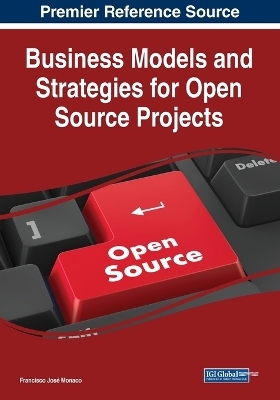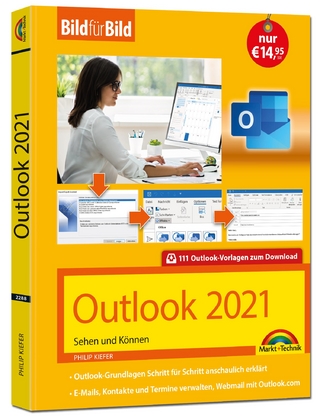
Business Models and Strategies for Open Source Projects
Seiten
2023
IGI Global (Verlag)
978-1-6684-4786-4 (ISBN)
IGI Global (Verlag)
978-1-6684-4786-4 (ISBN)
Investigates the rationales and the strategy underlying companies’ decisions to produce and release open source products as well as which business models have succeeded. The book covers a range of topics, including embedded systems, open source ecosystems, and software companies.
Since its emergence in the mid-1980s through the protagonism of free software and open source movements, the concept of freely shareable technology has steadily established itself in the following decades to enter the 21st century as a leading industrial paradigm. From the original ambit of software technology, the principles of collaborative construction of publicly accessible knowledge grounding the open source paradigm have been extended to embrace any intellectual artifact made available under non-exclusive rights of utilization, development, and distribution. It is noteworthy, however, that whilst on one hand it is not difficult to enumerate advantages of the use of open source products by individuals and organizations—whether related to cost reduction, socio-technological inclusion, governance of technology development, security and privacy transparency, among others—on the other hand, it is not as immediate to identify their motivation to develop open source technology. While there may surely be initiatives driven by either ethical grounds, personal avocation, or public policies, those reasons alone do not explain the lasting success of many large community-driven projects, nor why large commercial enterprises massively invest in open source development.
Business Models and Strategies for Open Source Projects investigates the rationales and the strategy underlying companies' decisions to produce and release open source products as well as which business models have succeeded. Covering topics such as embedded systems, open source ecosystems, and software companies, this premier reference source is a valuable resource for entrepreneurs, business leaders and managers, students and educators of higher education, librarians, software developers, researchers, and academicians.
Since its emergence in the mid-1980s through the protagonism of free software and open source movements, the concept of freely shareable technology has steadily established itself in the following decades to enter the 21st century as a leading industrial paradigm. From the original ambit of software technology, the principles of collaborative construction of publicly accessible knowledge grounding the open source paradigm have been extended to embrace any intellectual artifact made available under non-exclusive rights of utilization, development, and distribution. It is noteworthy, however, that whilst on one hand it is not difficult to enumerate advantages of the use of open source products by individuals and organizations—whether related to cost reduction, socio-technological inclusion, governance of technology development, security and privacy transparency, among others—on the other hand, it is not as immediate to identify their motivation to develop open source technology. While there may surely be initiatives driven by either ethical grounds, personal avocation, or public policies, those reasons alone do not explain the lasting success of many large community-driven projects, nor why large commercial enterprises massively invest in open source development.
Business Models and Strategies for Open Source Projects investigates the rationales and the strategy underlying companies' decisions to produce and release open source products as well as which business models have succeeded. Covering topics such as embedded systems, open source ecosystems, and software companies, this premier reference source is a valuable resource for entrepreneurs, business leaders and managers, students and educators of higher education, librarians, software developers, researchers, and academicians.
Francisco José Monaco, PhD on Electrical Engineer, is professor at the University of São Paulo, Brazil and a researcher at Brazilian National Institute of Science and Technology INCT-SEC. At the Department of Computer Systems of ICMC-USP, his main scientific interests are on distributed realtime systems and self-adaptive techniques. He has authored several papers on related subjects and his current research activities include adaptive resource management on service computing, and modeling and simulation of performance and dependability attributes of distributed services.
| Erscheinungsdatum | 11.11.2022 |
|---|---|
| Verlagsort | Hershey |
| Sprache | englisch |
| Maße | 178 x 254 mm |
| Themenwelt | Informatik ► Office Programme ► Outlook |
| ISBN-10 | 1-6684-4786-X / 166844786X |
| ISBN-13 | 978-1-6684-4786-4 / 9781668447864 |
| Zustand | Neuware |
| Informationen gemäß Produktsicherheitsverordnung (GPSR) | |
| Haben Sie eine Frage zum Produkt? |
Mehr entdecken
aus dem Bereich
aus dem Bereich
Band 1: Grundlagen des digitalen Zeitalters
Buch | Softcover (2024)
Springer Gabler (Verlag)
49,99 €
Buch | Softcover (2022)
Markt + Technik Verlag
14,95 €


